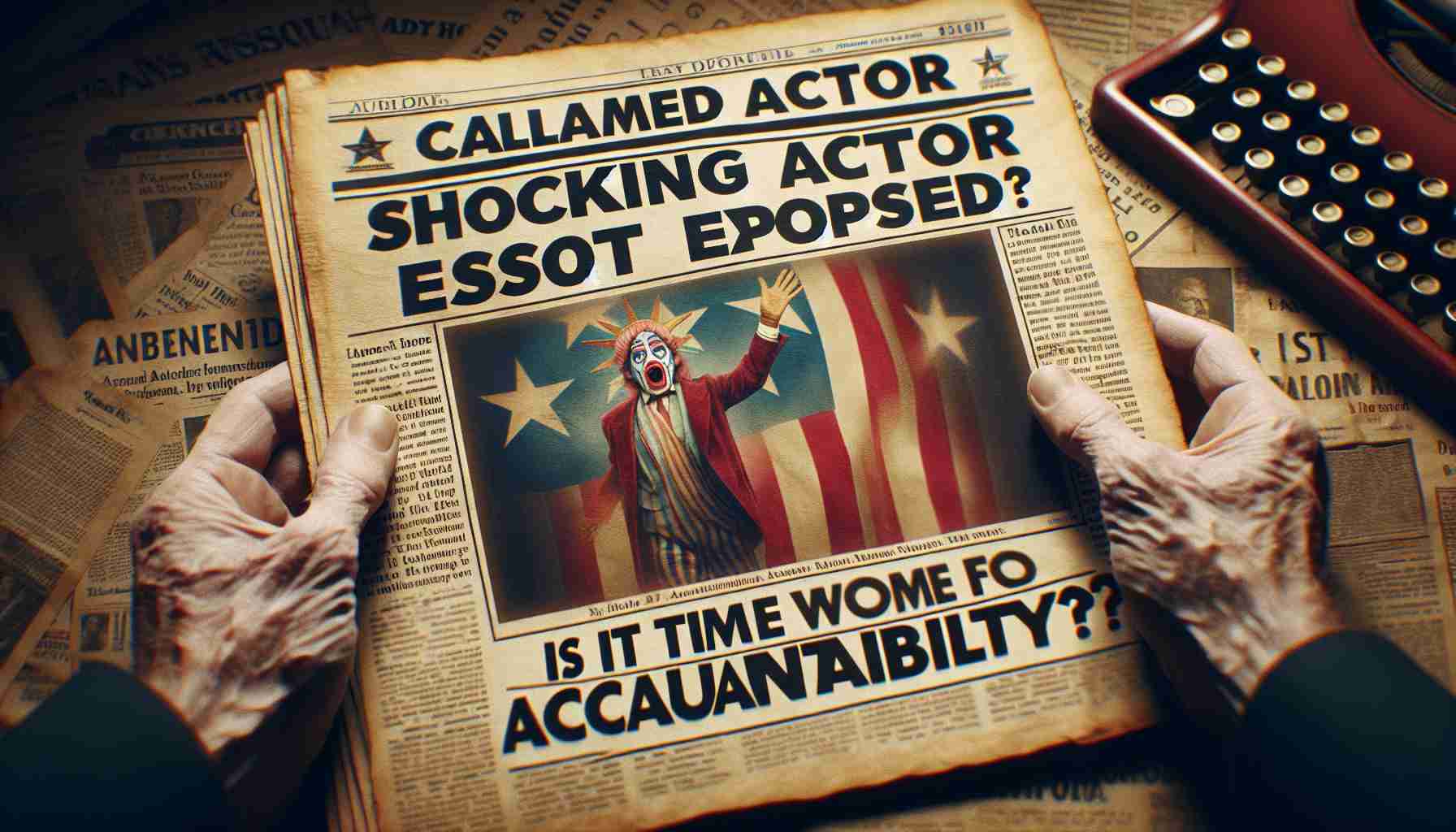- Karla Sofía Gascón is the first trans woman nominated for Best Actress but faces backlash over her previously uncovered racist and Islamophobic tweets.
- Canadian journalist Sarah Hagi’s investigation led to the revelation of Gascón’s inflammatory rhetoric, which sparked public outrage.
- In response to the controversy, Gascón deleted her social media accounts and issued a questionable apology.
- Hagi, identifying as a Black Muslim woman, highlighted the emotional toll of Gascón’s words and called for greater accountability in the Academy.
- The incident has reignited debates about the values upheld by the Oscars and the necessity for revoking Gascón’s nomination.
- The situation underscores the importance of acknowledging the power of words and the need for accountability in the entertainment industry.
In a stunning revelation that rocked the Oscar buzz, Karla Sofía Gascón, the first trans woman nominated for Best Actress, found herself embroiled in controversy. An investigative dive led by Canadian journalist Sarah Hagi unearthed a series of disturbing tweets from Gascón that displayed racist and Islamophobic sentiments, raising ethical questions about her nomination.
While visiting family in Southeast Asia, Hagi’s journalistic instincts sparked a fresh inquiry upon encountering Gascón’s posts. What began as casual curiosity swiftly unraveled into a torrent of divisive, inflammatory rhetoric hidden in plain sight for years. The public shockwaves following this discovery led Gascón to delete her social media accounts and issue a half-hearted apology. Hagi, however, was undeterred, emphasizing the gravity of Gascón’s words and the impact they wielded.
Despite backlash branding Hagi as a pawn in a smear campaign by rival studios, she staunchly dismissed these claims as absurd, asserting her position as a concerned citizen facing a troubling reality. As a Black Muslim woman, Hagi described the impact of Gascón’s tweets as an ’emotional gunshot’, recognizing the pervasive ignorance that allowed such behavior to persist unchallenged.
This debacle has reignited discussions on accountability within the Academy. Hagi argues for a definitive response, advocating for Gascón’s nomination to be revoked to uphold the values the Oscars claim to represent. With the entertainment industry at a crossroads, the message is clear: words wield power, and accountability is overdue.
Oscar Shockwaves: The Karla Sofía Gascón Controversy and Its Implications
In a turbulent turn of events within the awards season, the nomination of Karla Sofía Gascón, the first trans woman nominated for Best Actress, has been overshadowed by renewed scrutiny of her past social media activity. Investigative journalist Sarah Hagi uncovered incendiary tweets attributed to Gascón that reveal racist and Islamophobic ideas, prompting significant debates around ethics and accountability in Hollywood.
New Insights and Additional Information
1. Gascón’s Social Media Impact and Public Perception
The fallout from these revelations has seen public sentiment shift dramatically, with an increasing number of commentators calling for an evaluation of social media conduct among nominees. This incident emphasizes the growing expectation for celebrities to maintain a standard of accountability in their public expressions.
2. Industry-Wide Accountability Measures
In light of the controversy, industry experts are suggesting that the Academy should implement more rigorous vetting processes for nominees. Discussions are arising about the formation of a committee dedicated to reviewing past behaviors of nominees, similar to how some organizations assess public figures for potential leadership positions.
3. Historical Context of Representation in the Academy
Gascón’s nomination was initially celebrated as a milestone for representation; however, this controversy showcases the fragility of such progress. The Academy has faced ongoing scrutiny for its treatment of marginalized communities, illustrating the delicate balance between celebrating diversity and enforcing accountability.
Key Questions About the Controversy
Q1: What are the broader implications of Gascón’s tweets for the conversation about representation in the media?
A1: The incident highlights the potential disconnect between personal behavior and professional accolades. As society increasingly values inclusivity and accountability, such controversies can fuel skepticism about genuine progress in representation within the industry.
Q2: How has the public’s reaction to this controversy evolved over time?
A2: Initially, Gascón’s nomination was met with widespread support and approval, but as the backlash grew following the revelations, public sentiment has shifted towards criticism, demanding introspection and accountability from both the nominee and the Academy at large.
Q3: What steps can the Academy take to prevent similar controversies in the future?
A3: The Academy can enhance transparency by enforcing clearer guidelines regarding nominee conduct on social media, implementing criteria that take into account past public statements, and fostering an open dialogue about the importance of accountability in the entertainment industry.
Suggested Related Links
For those interested in further discussions surrounding accountability in Hollywood, the impacts of social media on public figures, and the evolving nature of representation in film, the following link may provide deeper insights: Hollywood Reporter.
Conclusion
The controversy surrounding Karla Sofía Gascón serves as a catalyst for essential conversations about ethics and accountability in the entertainment industry. As society re-evaluates its standards for representation, the ripple effects of such revelations will likely shape the future of how the industry recognizes and responds to the voices of marginalized communities. The Oscar buzz may now be overshadowed by the call for a more profound cultural introspection.
